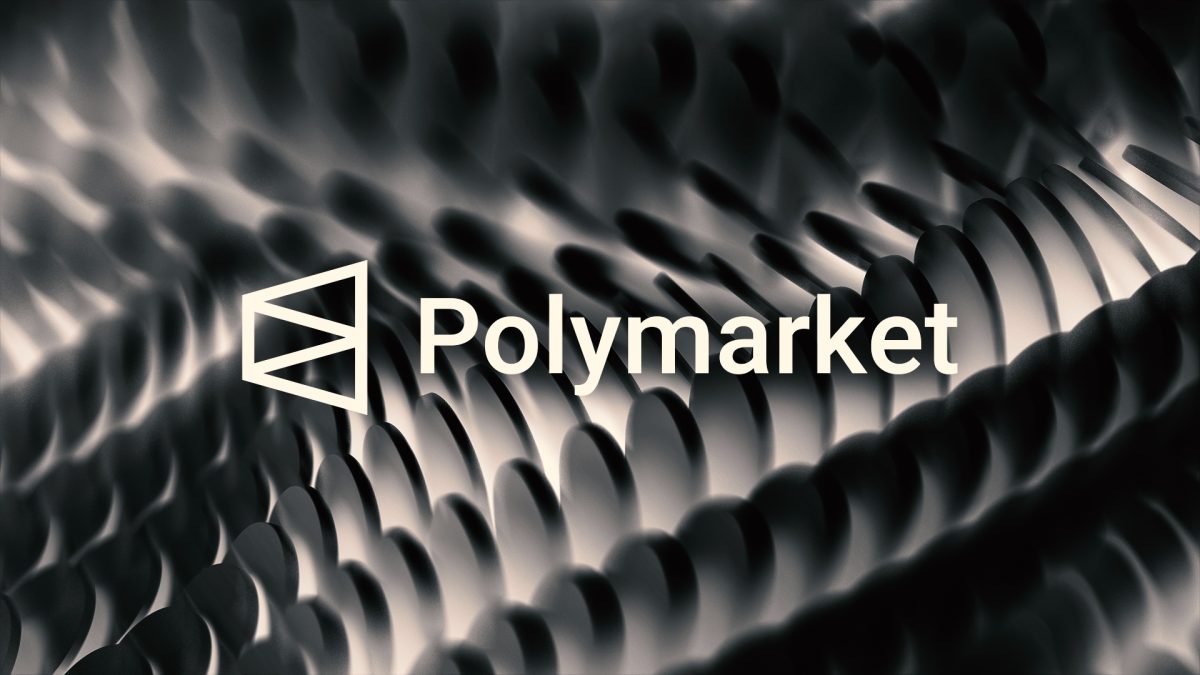
UMA Updates Oracle for Polymarket Proposals
UMA, the oracle provider for Polymarket, has introduced key updates to enhance the prediction market platform. This update limits market resolution proposals to a select group of whitelisted users. The transition from Optimistic Oracle V2 (OOV2) to Managed Optimistic Oracle V2 (MOOV2) follows the passing of UMIP-189 governance proposal on August 6. MOOV2 aims to bolster due diligence and diminish disputes by restricting proposals to experienced proposers, particularly in less contentious markets like sports or crypto pricing. A community manager from UMA's official Discord shared, "With the governance approval, the MOOV2 contract supported on our Oracle Dapp allows for a more controlled proposal process." Polymarket has begun testing this on the Polygon mainnet, with real proposal rewards and plans to migrate production requests soon. This update emerges in response to concerns about market manipulation and governance attacks, especially related to large UMA token holders influencing outcomes. However, it remains uncertain when MOOV2 will be fully operational on Polymarket. As noted by PolymarketGuide, OOV2 faced issues due to premature proposal submissions by inexperienced users, often resulting in bond forfeitures and market delays. The new MOOV2 permits only whitelisted addresses to submit proposals; other users may tag whitelisted proposers to submit on their behalf, while anyone can dispute a proposal, allowing for open dialogue before submission. PolymarketGuide remarked, "A smaller, more skilled group is likely to conduct due diligence, minimizing early proposal disputes, particularly in markets like sports and weather." The transformation from OOV2 to MOOV2 signals a shift from broad debates to a centralized council approach. At the time of MOOV2's announcement, Risk Labs revealed an initial whitelist of 37 addresses, comprising employees from Risk Labs and Polymarket, as well as users who submitted over 20 accurate proposals. Critics argue the transition restricts community involvement, marking a move toward centralization. They contend clearer market rules could manage disputes more effectively than limiting proposers. Additionally, Polymarket and UMA announced a collaboration with EigenLayer to explore advancements in oracle systems aimed at enhancing prediction market functionalities. In blockchain contexts, oracles function as bridges that deliver real-world data to smart contracts. Platforms like Polymarket rely on these oracles to resolve bets based on the authenticity of events. Polymarket employs UMA’s Optimistic Oracle for market settlements, enhancing its capabilities. Upon market closure, a proposer submits the outcome (e.g., "Biden won"), assumed true unless contested within a designated dispute window. If a dispute arises, UMA's decentralized voting mechanism intervenes to determine the outcome. This system contrasts with decentralized oracle networks like Chainlink and Pyth, which actively gather off-chain data from various sources and deliver it on-chain via a network of nodes. The Block has reached out to Polymarket for additional comments.
FAQ
❓ What changes are being made to Polymarket's oracle system?
The transition from OOV2 to MOOV2 limits resolution proposals to whitelisted users to enhance due diligence and reduce disputes.
❓ How does MOOV2 improve market outcomes?
By allowing only experienced proposers to submit proposals, MOOV2 aims to minimize premature disputes and enhance the quality of proposals.